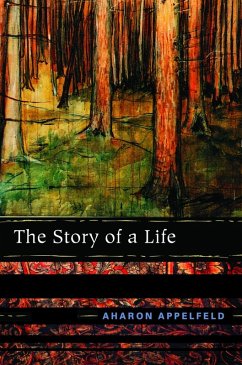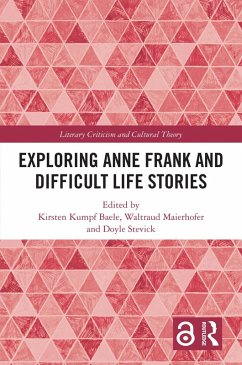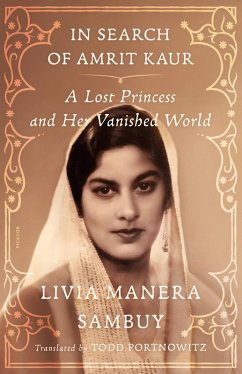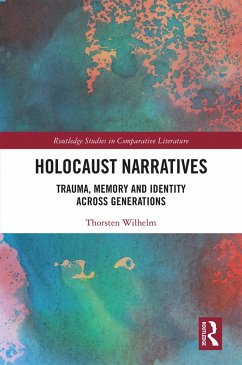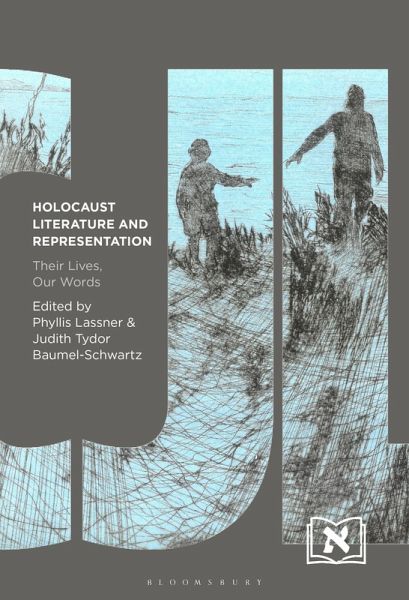
Holocaust Literature and Representation (eBook, ePUB)
Their Lives, Our Words
Redaktion: Lassner, Phyllis; Baumel-Schwartz, Judith Tydor
Versandkostenfrei!
Sofort per Download lieferbar
24,95 €
inkl. MwSt.
Weitere Ausgaben:

PAYBACK Punkte
12 °P sammeln!
Each scholar working in the field of Holocaust literature and representation has a story to tell. Not only the scholarly story of the work they do, but their personal story, their journey to becoming a specialist in Holocaust studies. What academic, political, cultural, and personal experiences led them to choose Holocaust representation as their subject of research and teaching? What challenges did they face on their journey? What approaches, genres, media, or other forms of Holocaust representation did they choose and why? How and where did they find a scholarly "home" in which to share thei...
Each scholar working in the field of Holocaust literature and representation has a story to tell. Not only the scholarly story of the work they do, but their personal story, their journey to becoming a specialist in Holocaust studies. What academic, political, cultural, and personal experiences led them to choose Holocaust representation as their subject of research and teaching? What challenges did they face on their journey? What approaches, genres, media, or other forms of Holocaust representation did they choose and why? How and where did they find a scholarly "home" in which to share their work productively? Have political, social, and cultural conditions today affected how they think about their work on Holocaust representation? How do they imagine their work moving forward, including new challenges, responses, and audiences? These are but a few of the questions that the authors in this volume address, showing how a scholar's field of research and resulting writings are not arbitrary, and are often informed by their personal history and professional experiences.





